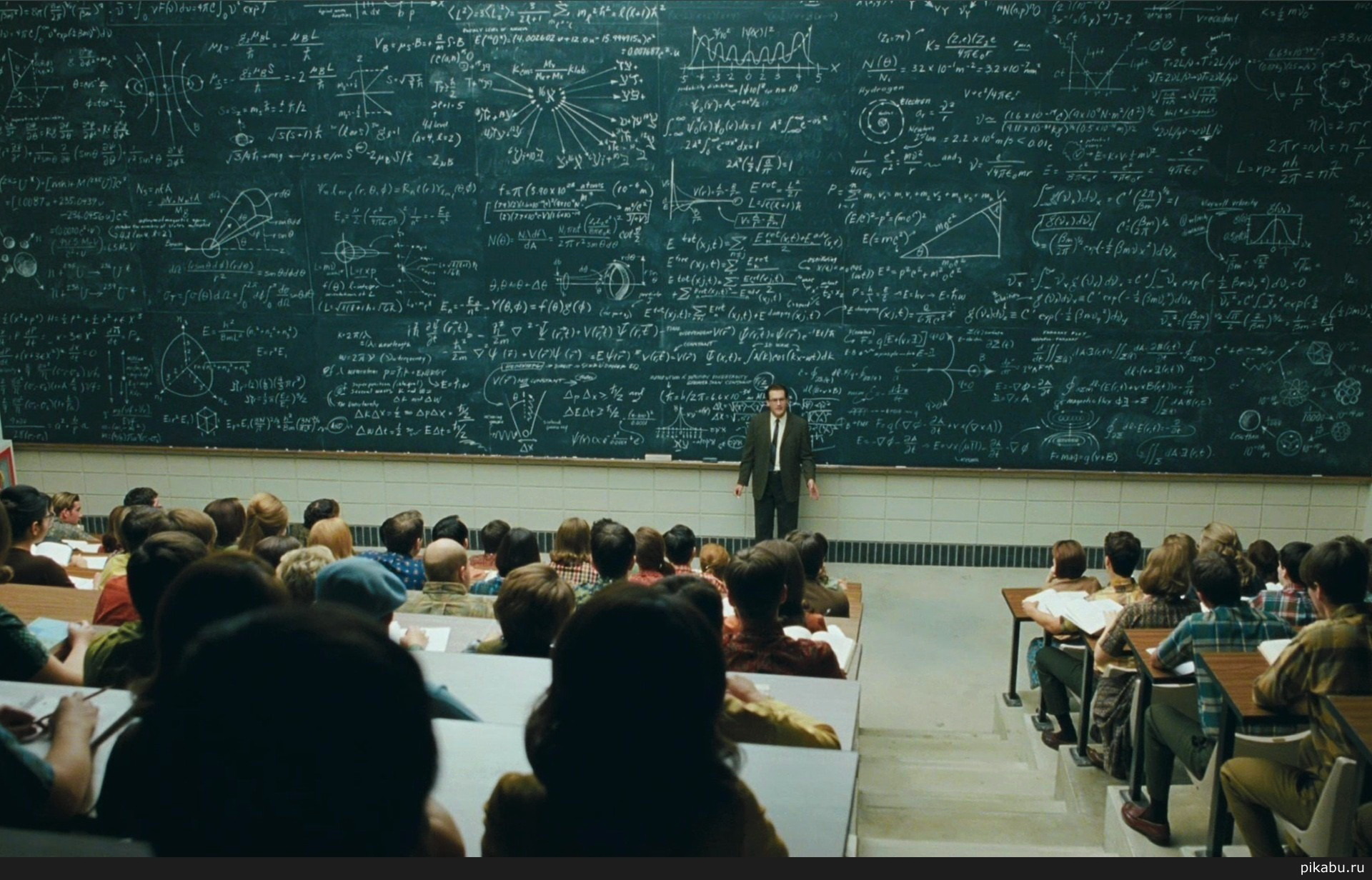Lawyer, graduated from the National University "Odesa Law Academy" with honors. Since 2017, I have been specializing in legal and educational and general legal issues. I am the author of legal articles, scientific publications and articles in the educational environment. Mentor of the "Veritas" legal clinic. The owner of the legal blog "Educational_law_ua" on Instagram.
In connection with the drop in the level of income of the population and due to the increase in the level of unemployment, the ability of citizens to pay for obtaining a certain level of education may decrease in Ukraine.
- As a result, this can lead to a loss of income for the educational institutions themselves, which also provide paid educational services.
- On the basis of such analytical studies, the Ministry of Education and Science of Ukraine developed a draft law on the financing of higher education students.
- An important goal of such a project is the opportunity to provide education seekers (students) with targeted state support.
- In addition, it should be said that such a project envisages the introduction of changes to the current norms of the Law of Ukraine "On Higher Education", in the context of competitive selection of applicants, regional orders and calculation of competitive points, as well as the issue of the possibility of re-acquiring higher education on the basis of state funds or local budget funds.
Thus, an important goal of such design norms is to attract the funds of legal entities and individuals to pay for education.
- Partial coverage of the cost of students' education is offered as an option for such fundraising.
- In addition, the new project also envisages the possibility of granting grants depending on the available results of the national multi-subject test - from fifteen to fifty thousand hryvnias.
- The purpose of such an innovation is that students of higher education will choose their place of study and the relevant specialty themselves.
- That is, they will study consciously and with a certain goal, and they will not choose an educational institution based on the principle of "cheap" or "easier".
It should also be noted that the Ministry of Education is convinced that according to modern statistics, only twenty percent of graduates of higher education institutions can be employed in their specialty, that is, in their specialized education.
- Therefore, on the basis of such data, the draft law defines a norm that regulates the obligation of students and graduates to register with the relevant employment service and conclude an employment agreement in the event of a certain offer from a future employer.
- And in case of refusal, there will be certain consequences. For example, termination of payment for education and deduction of a student in case of inability to pay for education.
- In return, approval and such "mandatory work" will provide certain privileges. It can also be an increased academic scholarship, but on condition of working under such an employment agreement for at least three years.
- On the basis of this, it can be said that the ministry emphasizes that the cost of student education will be covered at the expense of such employers.
Another novelty of this project is that the Government wants to reduce the number of persons who are entitled to social scholarships for privileged categories of persons. We are talking about children of combatants, disabled people and other privileged categories provided for by law. In the event of the adoption of such a sectoral bill, funds will be paid to students-beneficiaries only in case of their problems with the financial and property status of their families.





























